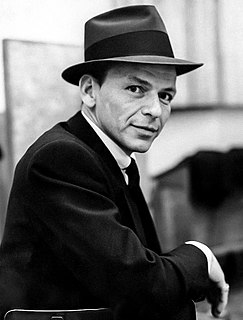A Quote by N. T. Wright
[Albert] Schweitzer thus carved out his own path through the first half of this century, a lonely and learned giant amidst the hordes of noisy and shallow theological pygmies.
Related Quotes
Thus, a vision of the whole gradually grew for me that was nourished by the various experiences and realizations I had encountered along my theological path. I rejoiced to be able to say something of my own, something new and yet completely within the faith of the Church. The feeling of aquiring a theological vision that was ever more clearly my own was the most wonderful experience of those years.
After Bruno's death, during the first half of the seventeenth century, Descartes seemed about to take the leadership of human thought... in promoting an evolution doctrine as regards the mechanical formation of the solar system... but his constant dread of persecution, both from Catholics and Protestants, led him steadily to veil his thoughts and even to suppress them. ...Since Roger Bacon, perhaps, no great thinker had been so completely abased and thwarted by theological oppression.
The freedom of an individual depends upon that individual's freedom to alter his considerations of space, energy, time and life and his roles in it. If he cannot change his mind about these, he is then fixed and enslaved amidst barriers such as those of the physical universe, and barriers of his own creation. Man thus is seen to be enslaved by barriers of his own creation. He creates these barriers himself, or by agreeing with things which hold these barriers to be actual.
I believe in you and me. I'm like Albert Schweitzer and Bertrand Russell and Albert Einstein in that I have a respect for life -- in any form. I believe in nature, in the birds, the sea, the sky, in everything I can see or that there is real evidence for. If these things are what you mean by God, then I believe in God. But I don't believe in a personal God to whom I look for comfort or for a natural on the next roll of the dice.
I want you to have this.” He extended his hand. On his palm sat the beautiful butterfly he had carved. Silver spots on the wings glinted in the sunlight, and a silver chain hung from a small hole drilled into its body. Valek looped the necklace around my neck. “When I carved this statue, I was thinking about you. Delicate in appearance, but with a strength unnoticed at first glance.” His eyes met mine.
My youngest brother had a wonderful schtick from some time in high school, through to graduating medicine. He had a card in his wallet that read, ‘If I am found with amnesia, please give me the following books to read …’ And it listed half a dozen books where he longed to recapture that first glorious sense of needing to find out ‘what happens next’ … the feeling that keeps you up half the night. The feeling that comes before the plot’s been learned.
In his book The Quest of the Historical Jesus, the most definitive study that's ever been done on the subject, Albert Schweitzer admitted that there isn't a shred of conclusive proof that Christ ever lived, let alone was the son of God. He concludes that one must therefore accept both on faith. I reject both for the same reason.





































